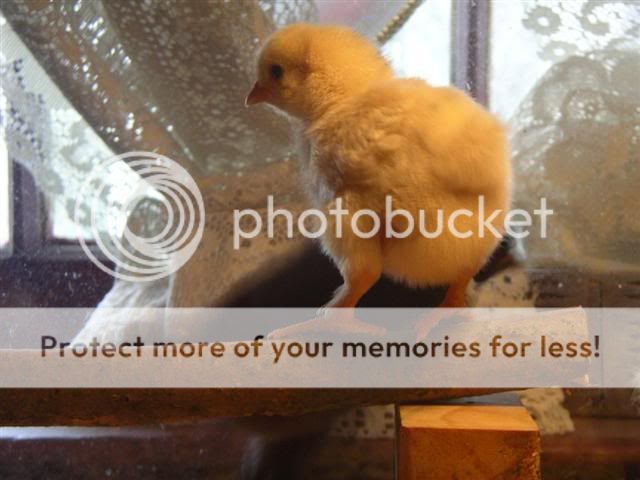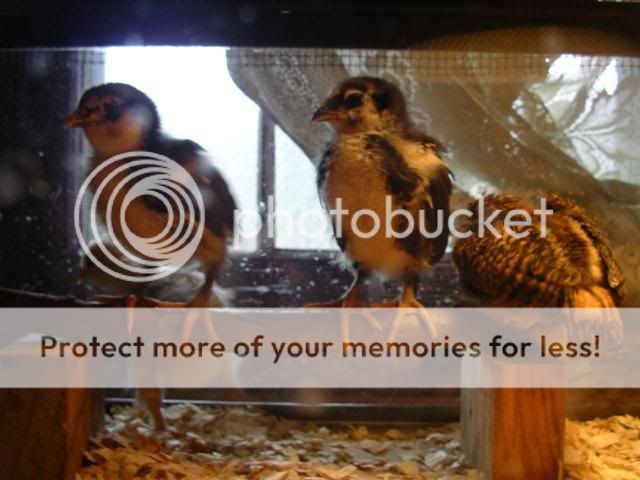I have some RIR and Barrocks (5 total).
Anyone care to talk about their roosts and function? Why do they like them? How high? DH and I are curious. We always think of chickens sitting in nesting boxes?? My chicks are now 9 weeks old.
Anyone care to talk about their roosts and function? Why do they like them? How high? DH and I are curious. We always think of chickens sitting in nesting boxes?? My chicks are now 9 weeks old.






